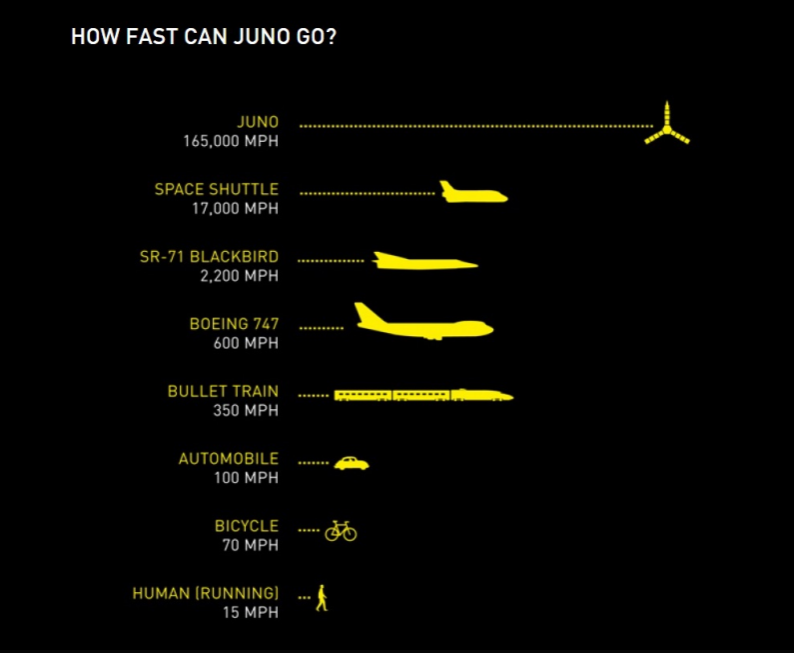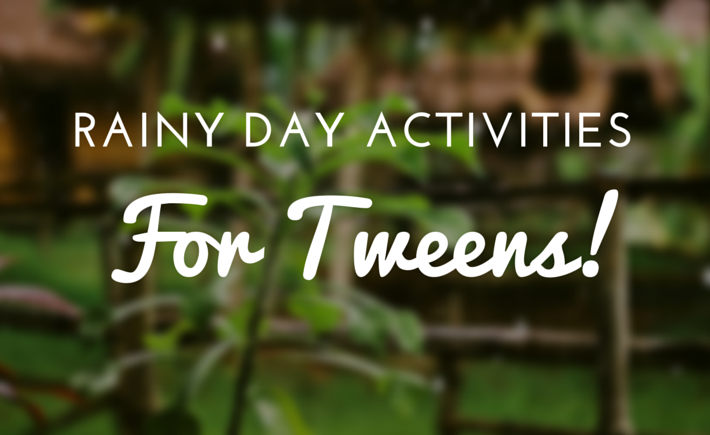How to Be an Inventor
Have you ever thought ‘There MUST be an easier way to do this’? If you have, you are not alone. People around the world invent and re-invent products all the time. Some of them are professional, and inventing is part of their job. Others are just normal people who had a bright idea.
There are many clubs and societies which you can join and learn to invent or develop your curiosity and talent for science and invention. All inventors start somewhere, and most of them start when they are very young. Young people have the best imaginations so if there is something you think is a good idea and you want to try and create, why not join up with other young creative people and work together.
Rainy Day Activities for Tweens
No, I’d really rather not be writing about rainy day activities for tweens in AUGUST. I want to be writing about fun outdoor activities, and being careful to apply sunscreen. For those of you who are stuck at home, and getting bored, here are some fab rainy day activities.
What is Juno?
There has been a lot of excitement about the Juno probe this week, but what is it and what is its mission?
What is Juno?
Juno is a spacecraft designed and operated by NASA, the US space agency. It was launched from Cape Canaveral on the 5th August 2011 and has taken almost 5 years to travel the 716 million kilometres to Jupiter, the largest planet in our solar system. Juno is 3.5 metres in height, and when its solar arrays are extended it’s more than 20 metres across. These arrays are covered in more than 18,500 solar cells, which allows Juno to operate even when it’s at such a great distance from the Sun.

(Image: NASA)
Why is it called Juno?
In Roman mythology Juno was the Queen of the gods. She was married to the king, Jupiter, who wasn’t always well-behaved. Juno had to peer through the clouds to discover what he was up to; the spacecraft is called Juno because it will be looking beneath the clouds that cover the surface of the planet Jupiter.
Aboard the Juno craft are 3 models of Lego minifigures: Jupiter, Juno and Galileo, who discovered in 1610 that Jupiter had moons.

From left to right: Galileo, Juno and Jupiter. (Image: NASA/JPL-Caltech/LEGO).
What is it looking for?
Jupiter is enormous; it’s two and a half times larger than all the other planets in our solar system combined. It’s made entirely of gases and is believed to have no solid surface. The planet rotates at an immense speed, completing one rotation every ten hours, and telescopes have shown us that it has a cloudy atmosphere with colourful spots and stripes. The largest of these, known as the Great Red Spot, is a storm that is several times the size of Earth and has been raging for more than 300 years.

Jupiter. The Great Red Spot is clearly visible. (Image: NASA).
This mission is the first time that humans will be able to glimpse what lies beneath Jupiter’s cloudy atmosphere. The main objective is to understand how the planet formed and evolved, which will give us more information about the formation of gas giants as well as the rest of the solar system. Juno will also measure the quantities of water and ammonia within the atmosphere, examine the magnetic field that surrounds the planet, observe any polar auroras and measure the gravity to see whether a solid core may exist after all.
For more information about the Juno mission you can watch this video from Nasa, and have a look at the Juno mission webpage.




